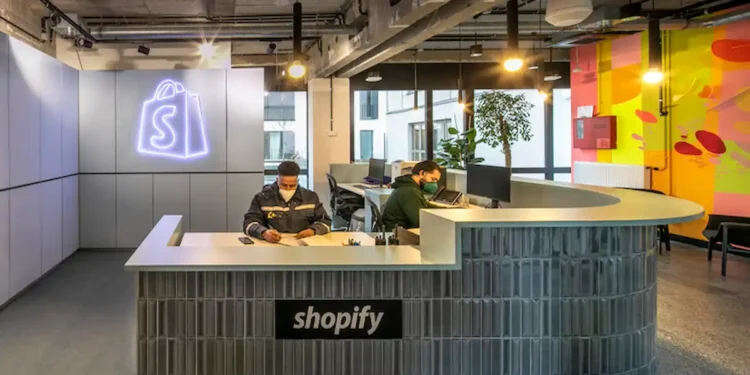The social networking startup Bluesky has chosen to restrict access to its service in Mississippi rather than adhere to a new age verification law. In a blog entry released on Friday, the company stated that, being a small team, they lack the resources necessary to implement the significant technical modifications required by such a law and voiced concerns regarding the law’s extensive scope and its implications for privacy.
Mississippi’s HB 1126 mandates that platforms implement age verification for all users prior to allowing access to social networks like Bluesky.
On Thursday, August 14, justices of the U.S. Supreme Court decided to deny an emergency appeal designed to halt the enforcement of the law while the related legal disputes are addressed in court.
Consequently, Bluesky had to make a decision regarding its compliance strategy.
Rather than mandate age verification solely for users attempting to view age-restricted material, this legislation requires age verification for every user. This means Bluesky would have to verify the age of each user and obtain parental consent for any individuals under the age of 18.
The company also highlighted that the possible fines for failing to comply are substantial, reaching up to $10,000 for each user.
Bluesky additionally pointed out that the law extends beyond child safety, as initially intended, and would impose “significant barriers that restrict free speech and disproportionately impact smaller platforms and new technologies.”
To meet the law’s requirements, Bluesky would need to gather and retain sensitive information from all of its users, along with closely monitoring minors.
This approach contrasts with what is expected from compliance with other age verification regulations, like the U.K.’s Online Safety Act (OSA), which only demands age verification for specific content and features.
Under Mississippi’s law, no one is allowed to use the site unless they provide personal and sensitive information.
“Unlike larger tech firms with abundant resources, we are a small team focused on developing decentralized social technology that empowers users,” read the company’s blog post.
“Age verification systems demand significant infrastructure and developer time investments, intricate privacy safeguards, and ongoing compliance oversight, costs that could easily overwhelm smaller providers.
This scenario consolidates the dominance of existing big tech companies while hindering the innovation and competition that ultimately benefit users,” the post added.
Some Bluesky users located outside of Mississippi later reported difficulties accessing the service due to their mobile carriers routing traffic through servers within the state, with CTO Paul Frazee addressing the situation on Saturday by stating that the company was “in the process of deploying an update to our location detection system, which we hope will rectify some inaccuracies.”
The blog entry clarifies that this decision pertains exclusively to the Bluesky app utilizing the AT Protocol, while other applications may handle the decision differently.
Also read: Sharps Tech Soars 70% After $400M Boost to Solana Treasury!














